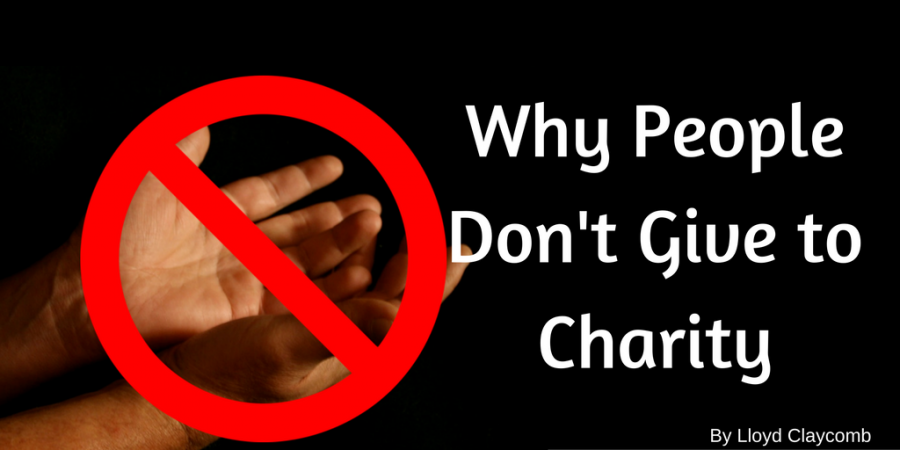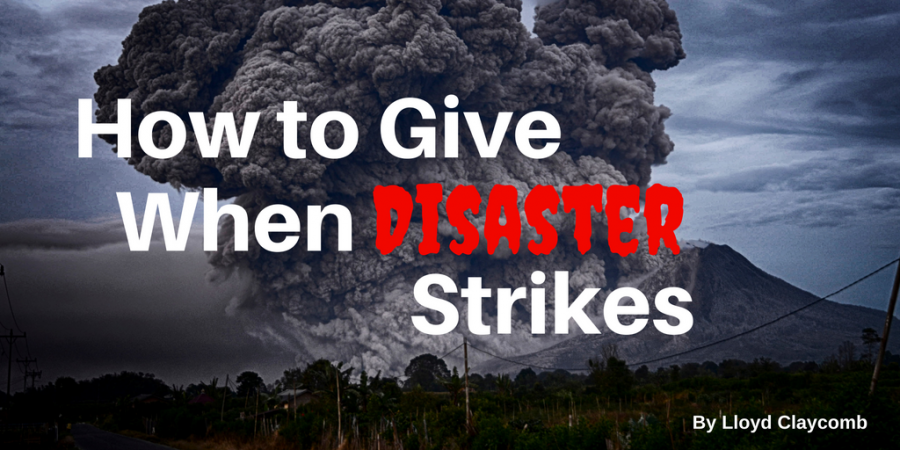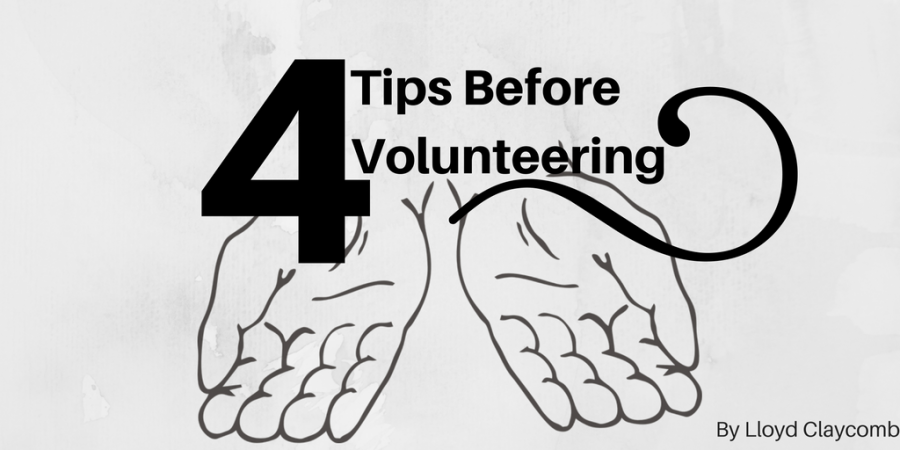There’s something about this time of year that puts people in a charitable mood. Known as the “season of giving,” the holiday season each year is a time when people set aside their daily concerns for themselves and look for ways they can benefit others and society as a whole. Not only do we give gifts to the ones we hold dear, but we even give to strangers with no hope for recognition or commendation for our efforts, like selfless secret santas trying to bring a little cheer to the world. Make giving a tradition in your family that will last through the generations with these ways to get the whole group involved in giving this season.
Find ways to help out while cleaning out.
- Move your spring cleaning up a bit and go through your old belongings that you no longer use and donate them! A few weeks before Christmas, take a day or two and go through any old junk you have lying around to see what you can give to help others. Great items to donate include blankets, gently used clothing, books, toys, and so on. This practice can help your children cut back on materialism throughout the holidays by seeing their old toys and belongings go to people who need them more.
Spread your cheer through the neighborhood.
- The holidays can be a lonely time of year for people whose loved ones have passed on or whose families have other plans occupying their time. Why not teach your children the value giving their time and company rather than money by visiting the elders in your community and sharing your merriment with them. You can also get the whole family involved in baking cookies and then distributing them throughout your community.
Forego some presents.
- In 2015, the average person spent $830 on Christmas presents for their loved ones, and for parents, most of that money was likely spent on presents for the children. Let your children see how far just a little money could go for someone living in poverty, especially in developing countries, by taking a portion of the money you usually spend on gifts and donating it to an organization like Samaritan’s Purse where just $7 can provide a child with a week’s worth of hot meals. Let them pick out the gifts themselves to get them really involved and feel as though they’ve personally made a difference in the lives of others.
Around the holidays, even the smallest bit that you do can make a world of difference in the lives of people who struggle to survive each passing day. Help improve their wellbeing while also teaching your children the value of helping others and how good it can feel to be selfless by looking for ways to get your children involved in giving during the holiday season.





